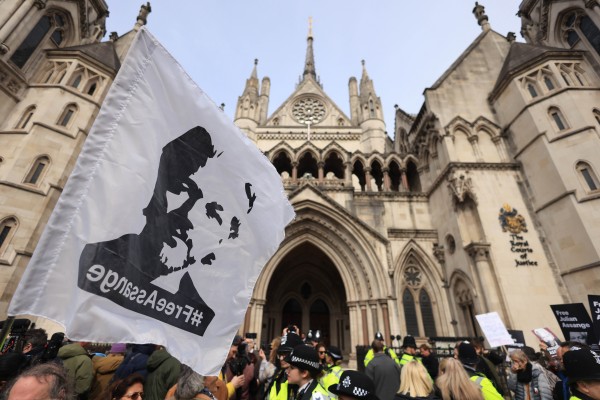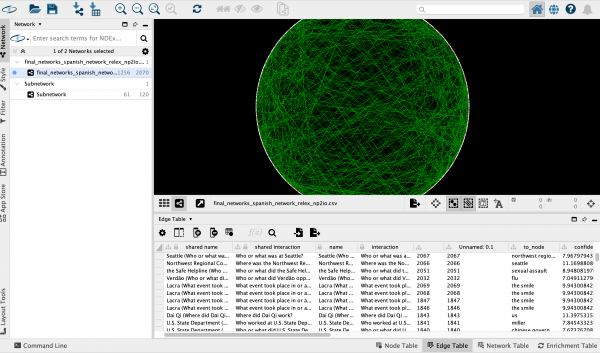H.E. Mireya Elisa Moscoso de Gruber
President
Office of the President
Palacio Presidencial
Panamá
Republic of Panama
Fax: (+ 507) 227 0076
Vienna, 5 November 2001
Your Excellency,
The International Press Institute (IPI), the global network of editors, media executives and leading journalists, is deeply concerned about the charges of criminal defamation pending against Julio Briceńo, an editorial cartoonist, and his newspaper, La Prensa.
According to the information before IPI, Julio Briceńo, whose pen name is “Rac”, faces up to two years in jail if found guilty of defaming a former vice president. In addition, Briceńo’s newspaper, La Prensa, may have to pay US$ 1 million in damages, a sum that could force the daily into insolvency.
The charges were filed on 3 January 2001 by former vice president Ricardo Arias Calderón under article 175 of Panama’s Penal Code and founded on a cartoon drawn by Briceńo and published in La Prensa in December 2000, which criticised the apparent political volte-face of Arias Calderón, a former opponent of General Manuel Antonio Noriega. The cartoon showed the former vice president standing next to the Grim Reaper, representing the Democratic National Party (PRD), the party which had once supported General Noriega and with which Arias Calderón has entered into a political accord. Article 175 provides for prison sentences of 18 to 24 months for those found guilty of offending, through any media, “an individual’s good reputation”.
In Panama, “insult” (desacato) and defamation laws are the favoured methods of public officials to silence journalists. The country still maintains these restrictive laws, which were enacted in the 1980s under the dictatorship of General Noriega, despite Your Excellency’s initial promises to bring Panama’s press laws into line with international standards. As a consequence, journalists in Panama face long-term imprisonment for exposing official misconduct. According to IPI’s sources, at least 70 criminal cases against journalists are currently pending, the greatest number of such cases in any country in the Western hemisphere.
Although prison sentences are almost always commuted into fines, the fact that insult and criminal defamation laws remain in effect and are used by public officials, who should be open to more – not less – scrutiny than ordinary citizens, has led to a climate of intimidation in which self-censorship among journalists is increasing.
IPI believes that desacato and criminal defamation laws are restrictions on freedom of expression that have no place in a democracy. Their existence prevents the media from criticising government action and contradicts internationally accepted standards, including the Universal Declaration of Human Rights and the American Convention on Human Rights.
We therefore urge Your Excellency to take the necessary steps to ensure the repeal of these remnants of a past dictatorship, thereby reaffirming your country’s commitment to uphold and protect fundamental human rights, including freedom of expression and press freedom.
We thank you for your attention.
Yours sincerely,
Johann P. Fritz
Director


